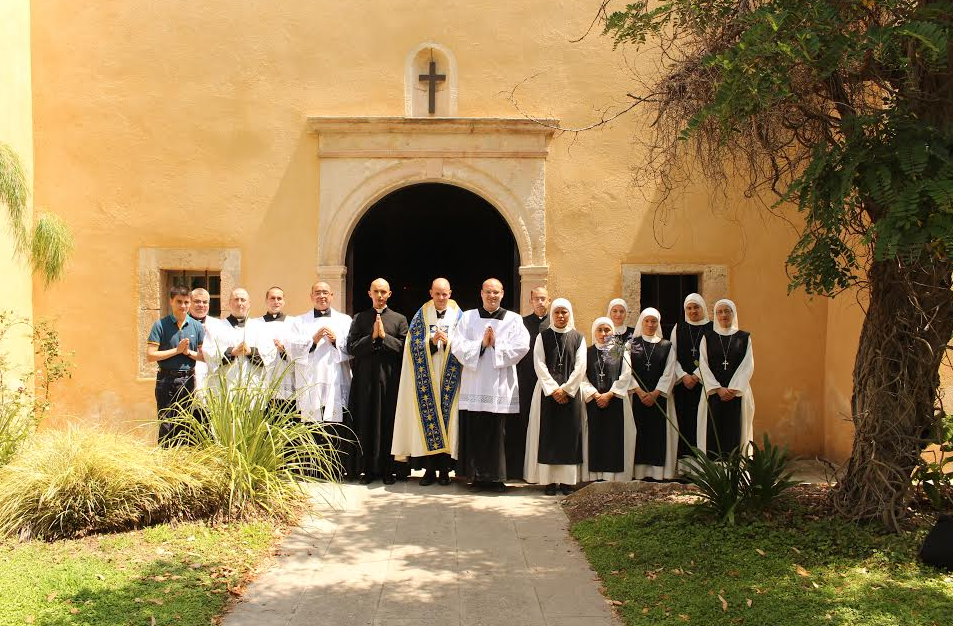We shall go on to the end. We shall fight in France, we shall fight on the seas and oceans, we shall fight with growing confidence and growing strength in the air, we shall defend our island, whatever the cost may be. We shall fight on the beaches, we shall fight on the landing grounds, we shall fight in the fields and in the streets, we shall fight in the hills; we shall never surrender, and if, which I do not for a moment believe, this island or a large part of it were subjugated and starving, then our Empire beyond the seas, armed and guarded by the British Fleet, would carry on the struggle, until, in God's good time, the New World, with all its power and might, steps forth to the rescue and the liberation of the old.
These, of course, were Churchill's famous words in his speech to Parliament of June 4, 1940, during the most dramatic month of the Second World War. We read it today, and we are stunned by what was apparently an insane level of uncalled-for hope in a desperate situation.
Two numbers released in the past couple of days exemplify the desperate vocational situation of the Church in most of Europe today: in the whole of Belgium, with a population of over 10 million people and a glorious Catholic past just until the 1960s, only 14 priests will be ordained in 2014, half of them foreign nationals (
source); in the island of Corsica, France, there is at this moment just
one young man, a Lebanese citizen, preparing for ordination (
source).
In fact, one of the most surprising elements of the current Islamization of a vast proportion of the European population is precisely that it is a phenomenon of the past few decades -- that is, the religious decline in Europe is not a given for its environment. This is important as a sign (worrisome and at times terrifying as it may be). Many European-born descendants of immigrants from Muslim nations are more religious than their parents, and mosques and minarets spring up everywhere. Why has the movement among the native population, in particular Catholic families, been the opposite after the events of the 1960s, including the Catholic events of that decade?
___________________________________
While Church committees discuss without end without acknowledging the source of the problem, some are doing much more than this. This great new seminary, a specific initiative of the New World coming in rescue of the Old World that gave it so much, was announced elsewhere, but they were kind enough to send us more details:






































